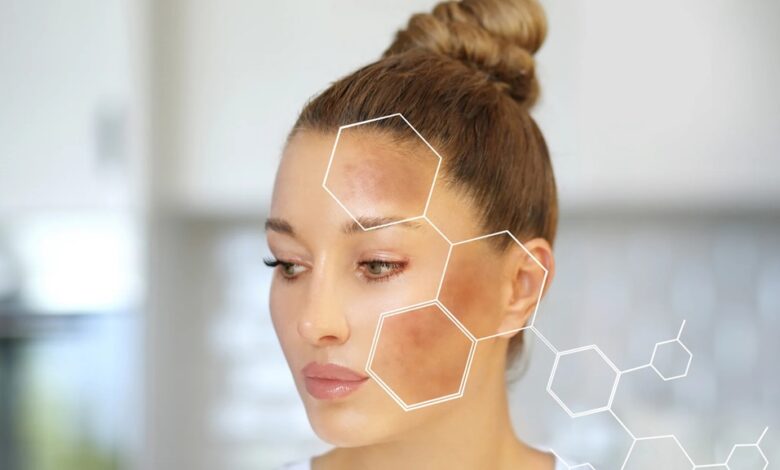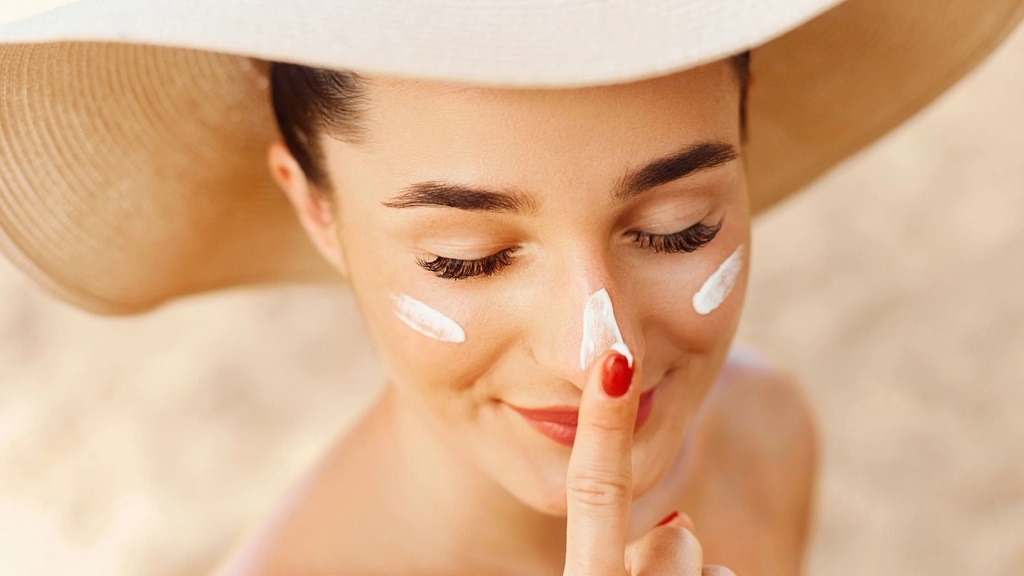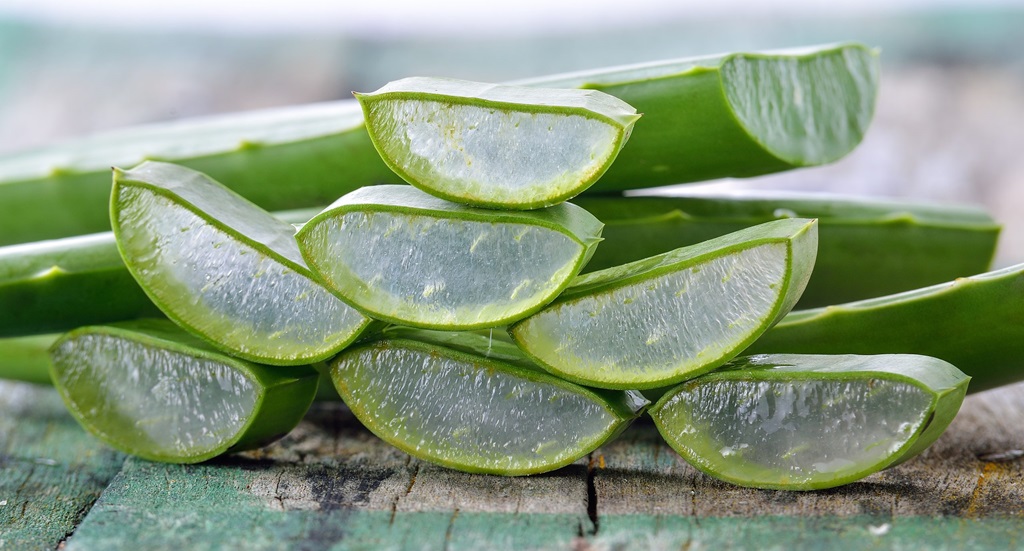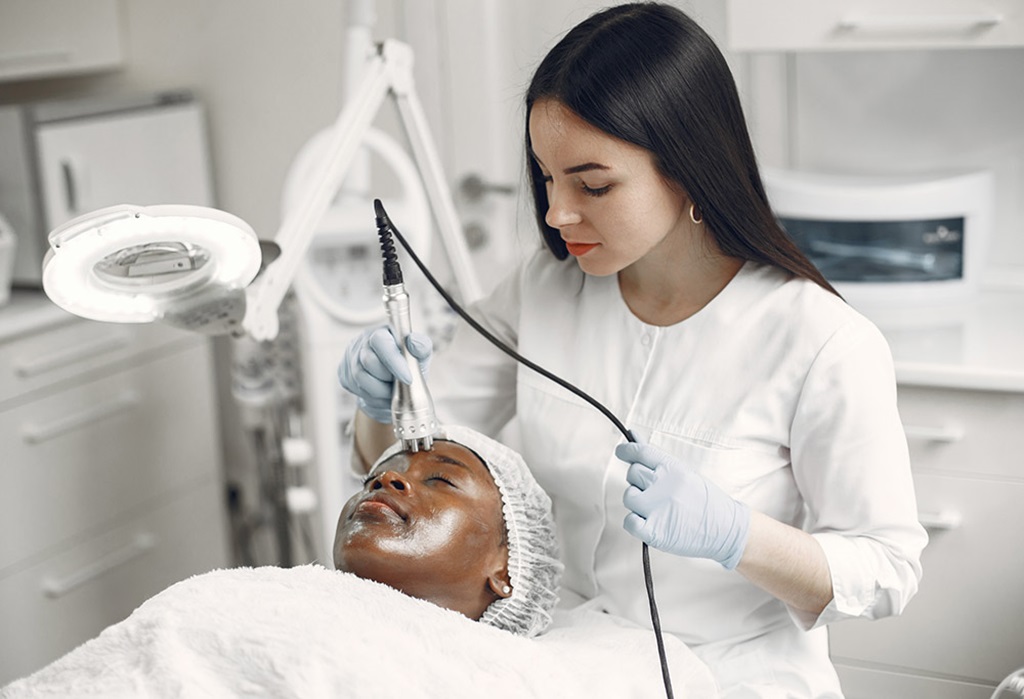How to Reduce Skin Melanin Naturally

Melanin, the pigment responsible for the color of our skin, plays a crucial role in protecting it from harmful UV rays. While melanin is essential for skin health, excessive melanin production can lead to skin issues such as hyperpigmentation. In this article, we will explore effective ways to reduce skin melanin, ensuring a healthy and radiant complexion.
Understanding Melanin
Melanin comes in various types, including eumelanin and pheomelanin, each influencing skin color differently. Eumelanin contributes to brown or black hues, while pheomelanin results in red and yellow tones. The combination of these pigments determines an individual’s unique skin color.
Factors Influencing Melanin Production
Genetic factors play a significant role in determining baseline melanin levels. Additionally, prolonged sun exposure and hormonal changes, such as those during pregnancy, can stimulate melanin production. Understanding these factors is crucial to managing melanin levels effectively.
The Impact of High Melanin Levels
Excessive melanin can lead to skin darkening and hyperpigmentation, making it essential to address the root causes. Moreover, prolonged exposure to the sun without proper protection can result in irreversible damage, emphasizing the need for a holistic approach.
Lifestyle Changes for Melanin Reduction
Adopting a balanced diet rich in antioxidants can support overall skin health. Adequate hydration is equally vital, as it helps flush out toxins and maintains skin elasticity. Including foods like berries, leafy greens, and nuts can contribute to healthier skin from within.

-
Sun Protection:
- Use a broad-spectrum sunscreen with a high SPF to protect your skin from harmful UV rays.
- Avoid excessive sun exposure, especially during peak hours.
-
Healthy Diet:
- Consume a diet rich in fruits, vegetables, and antioxidants, as these can contribute to skin health.
- Stay hydrated by drinking plenty of water.
-
Vitamin C:
- Incorporate foods high in vitamin C, such as citrus fruits, strawberries, and bell peppers, as vitamin C is known for its skin-brightening properties.
-
Exfoliation:
- Regular exfoliation can help remove dead skin cells and promote skin renewal. However, be gentle to avoid irritation.
-
Moisturization:
- Keep your skin well-hydrated by using a moisturizer suitable for your skin type.
-
Avoid Harsh Products:
- Be cautious with skin care products containing harsh chemicals that may irritate your skin. Opt for gentle, natural products.
-
Consult a Dermatologist:
- Before making any significant changes to your skincare routine or attempting to lighten your skin, it’s advisable to consult with a dermatologist for personalized advice.
Remember, everyone’s skin is unique, and what works for one person may not work for another. Embracing and caring for your natural skin tone is important, and any changes should be pursued with caution and under the guidance of skincare professionals. If you have specific concerns about your skin, seeking professional advice is always the best approach.
Effective Skincare Routine
Gentle cleansing methods, exfoliation to remove dead skin cells, and choosing suitable moisturizers are key components of an effective skincare routine. These practices promote cell turnover, helping to reduce melanin buildup and improve skin texture.
Sun Protection Strategies
Sunscreen is a crucial element in any skincare routine aimed at reducing melanin. Understanding the right SPF for your skin type and incorporating sun-protective clothing further shields the skin from harmful UV rays.
Natural Remedies for Melanin Reduction
Explore natural remedies like a lemon and honey mask, known for their skin-lightening properties. Aloe vera’s soothing effects and turmeric’s anti-inflammatory benefits can also contribute to a more even skin tone. Here are some natural ingredients that are sometimes suggested for their potential melanin-reducing properties:

Lemon Juice:
Lemon juice is often considered a natural skin lightener due to its citric acid content. It may help lighten dark spots and promote a more even skin tone. However, it can also cause skin irritation and should be used with caution. Always dilute lemon juice with water before applying to the skin.
Aloe Vera:
Aloe vera is known for its soothing properties and is sometimes believed to help reduce hyperpigmentation. It may be applied topically to the skin, but its effectiveness for melanin reduction is not well-established.
Turmeric:
Turmeric contains curcumin, which has antioxidant and anti-inflammatory properties. Some people use turmeric paste on the skin, believing it can help lighten dark spots. However, it can stain the skin, and its effectiveness is not universally supported by scientific evidence.
Milk:
The lactic acid in milk is thought by some to have mild exfoliating and skin-lightening properties. Applying milk to the skin or using it in a face mask is a traditional remedy for promoting a brighter complexion.
Vitamin C-rich Foods:
Foods rich in vitamin C, such as citrus fruits, strawberries, and bell peppers, are sometimes associated with promoting a more even skin tone. Vitamin C is essential for the production of collagen and may have antioxidant properties.
It’s crucial to remember that individual responses to these remedies can vary, and scientific evidence supporting their efficacy for melanin reduction is often limited. Moreover, some natural remedies may cause skin irritation or allergic reactions in some individuals.
Before trying any natural remedies, it’s advisable to do a patch test to check for adverse reactions. If you have concerns about your skin or are looking to address hyperpigmentation, it’s best to consult with a dermatologist or healthcare professional who can provide personalized advice based on your specific skin type and needs.
Professional Treatments
For more severe pigmentation issues, consider professional treatments like chemical peels or laser therapy. These interventions target specific skin concerns and can be tailored to individual needs.
Monitoring Hormonal Changes
Hormonal changes, such as those during pregnancy or menopause, can influence melanin levels. Understanding these shifts and adapting skincare routines accordingly can help manage skin pigmentation.
Addressing Melanin-Related Conditions

Conditions like vitiligo and melasma require specialized care. Consultation with a dermatologist can provide personalized treatment plans to address these specific challenges.
Myths and Facts About Melanin Reduction
Dispelling common misconceptions surrounding melanin reduction is crucial. Evidence-based approaches should be emphasized, steering individuals away from potentially harmful practices.
Myth:
Melanin reduction leads to lighter skin.
Fact:
While some products claim to reduce melanin for skin lightening, the effectiveness and safety of such products vary. It’s crucial to approach melanin reduction with caution, as excessive use of certain ingredients or methods can cause skin damage, including uneven pigmentation, sensitivity, and other adverse effects.
Myth:
All melanin reduction methods are safe.
Fact:
Not all methods of melanin reduction are safe or suitable for everyone. Some products may contain harsh chemicals or undergo procedures that can be harmful to the skin. It’s essential to consult with a dermatologist before using any melanin reduction products or undergoing treatments to ensure they are safe and appropriate for your skin type.
Myth:
Melanin reduction is only about cosmetic concerns.
Fact:
While some people seek to reduce melanin for cosmetic reasons, such as addressing hyperpigmentation or achieving a lighter skin tone, melanin serves crucial functions in the body. Melanin protects the skin from the harmful effects of UV radiation, and reducing it excessively can compromise this natural defense mechanism, leading to an increased risk of sun damage and skin cancer.
Myth:
Natural ingredients are always safe for melanin reduction.
Fact:
While some natural ingredients may have mild melanin-reducing properties, assuming they are entirely safe can be misleading. Natural does not always mean harmless, and some substances can cause allergic reactions or skin irritation. It’s important to research and understand the potential risks associated with any natural ingredient before using it for melanin reduction.
Myth:
Melanin reduction is a one-size-fits-all approach.
Fact:
The effectiveness of melanin reduction methods can vary from person to person. Factors such as skin type, genetics, and individual response to ingredients play a role in how well a particular method works. It’s essential to be patient and realistic about the results, and to discontinue use if adverse reactions occur.
Myth:
Once melanin is reduced, it won’t come back.
Fact:
Melanin reduction is often a continuous process, and maintenance is required to sustain the desired results. Sun exposure, environmental factors, and aging can trigger melanin production, and ongoing care is necessary to manage pigmentation levels.
Maintaining Results Over Time
Consistency in skincare routines and regular skin check-ups ensure sustained results. Understanding that skincare is a long-term commitment is key to achieving and maintaining healthy skin.
Embracing Your Natural Skin Tone

Promote self-love and body positivity by embracing your natural skin tone. Recognize the beauty in diversity, understanding that every skin color is unique and should be celebrated.
Conclusion
Reducing skin melanin involves a multifaceted approach, from lifestyle changes and effective skincare to professional treatments. By understanding the factors influencing melanin production and adopting a holistic approach, individuals can achieve a healthier and more radiant complexion.
FAQs:
-
Can I completely eliminate melanin from my skin?
- While complete elimination is not possible, managing melanin levels is achievable through various methods outlined in the article.
-
How long does it take to see results from natural remedies?
- Results vary, but consistency is key. Expect gradual improvement over weeks to months.
-
Is sunscreen necessary, even on cloudy days?
- Yes, UV rays penetrate clouds. Sunscreen should be applied daily for optimal skin protection.
-
Can hormonal changes permanently alter skin pigmentation?
- Hormonal changes can impact pigmentation temporarily, but consistent skincare can help manage these effects.
-
Are professional treatments safe for all skin types?
- Consultation with a dermatologist ensures that professional treatments are tailored to individual skin types and concerns.




